The views expressed in our content reflect individual perspectives and do not represent the authoritative views of the Baha'i Faith.
We are all in a constant struggle to cleanse ourselves from prejudices. Prejudices based on race, economic status, caste, and gender contaminate our souls, and working on purifying ourselves from them is a constant battle.
I was born and grew up in Latin America. After we got married, my husband and I moved to the United States in the 1990s to go to college. Although I was the only Latina student in my biology program, I fortunately didn’t have to endure prejudice against me or my family. My community college was diverse and so was the Baha’i community in my city.
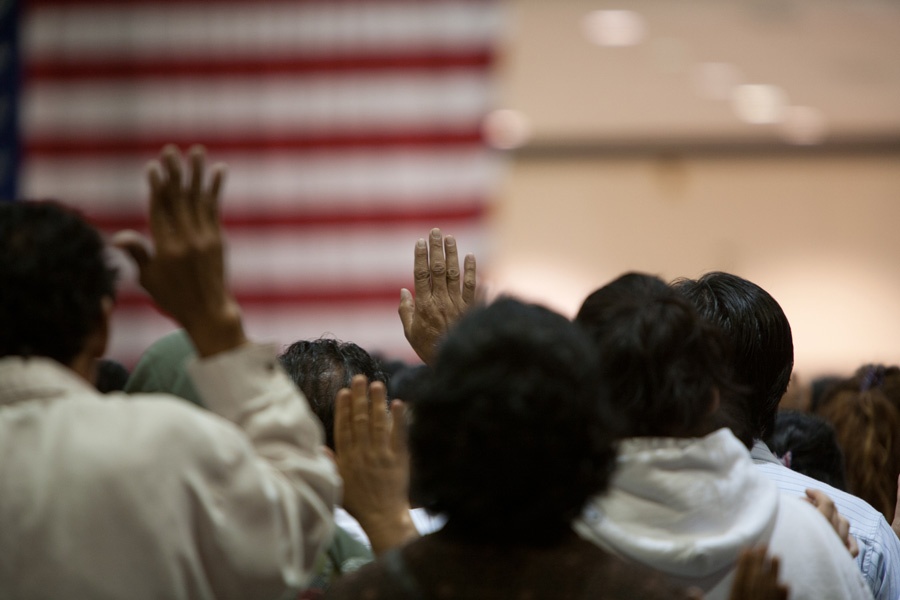
But as I was living in American society, I knew I needed to educate myself about it. I remembered the book “The Advent of Divine Justice” by Shoghi Effendi, the Guardian of the Baha’i Faith, which said that the issue of racial prejudice “should be regarded as constituting the most vital and challenging issue” that America faces.
As with most topics, I started my journey of learning with books. I chose the biography of Martin Luther King and “The Autobiography of Malcom X.” I read “Roots,” and learned about South Africa’s struggle with apartheid, the reconciliation commission, and Nelson Mandela’s life. I was also learning English during this time, so those books also shaped my language.
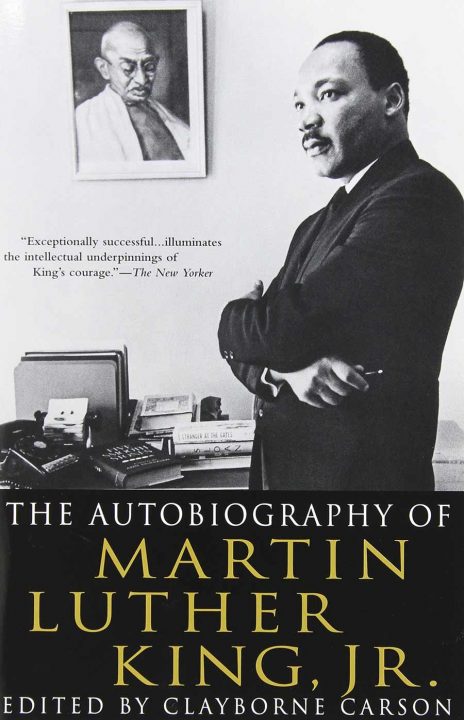
In college, I read “Son of Solomon” by Toni Morrison. I cry even now remembering a legend it mentions, where slaves longing to escape the horrors of slavery would travel to a cliff looking over the ocean and fly back home to Africa. The idea of “flying home” broke my heart. Not just the idea of escape by taking flight like birds or angels, but the hidden meaning of men and women choosing suicide over slavery. I knew that “Son of Solomon” was fiction, but I was starting to understand the cultural content behind it.
But still, the first time I shared my efforts to read and learn about this challenging issue with one of my new American friends, his reaction shocked me.
He started to cry. My friend was an adult African American man, very successful and highly esteemed and respected by all our friends. He was willing to explain to me how experiences of discrimination had affected him, and how even at this successful period of his life, racism was a threat that brought injustice to every step he took. Among other things, he mentioned how he was always made to feel that he didn’t belong — both in college and in his professional life. Because he had friends who were both white and black, others made a point to remind him that he was supposed to choose a “side” and stick to it with all its stereotypes.
We cried together. To be honest, my first reaction to my newfound understanding of the cruel origins of the United States and the influence they still had on people’s everyday lives was a desire to leave the country. It helped me be more aware of the scars people carry in their hearts all the time.
As a foreigner back then, I needed that rude awakening to learn about racism in the United States. Now, as the horrors continue, self-education should be widespread. Learning about the injustices committed and being committed will break our hearts, but that would be infinitely less pain than that sustained by our African American brothers and sisters every day.
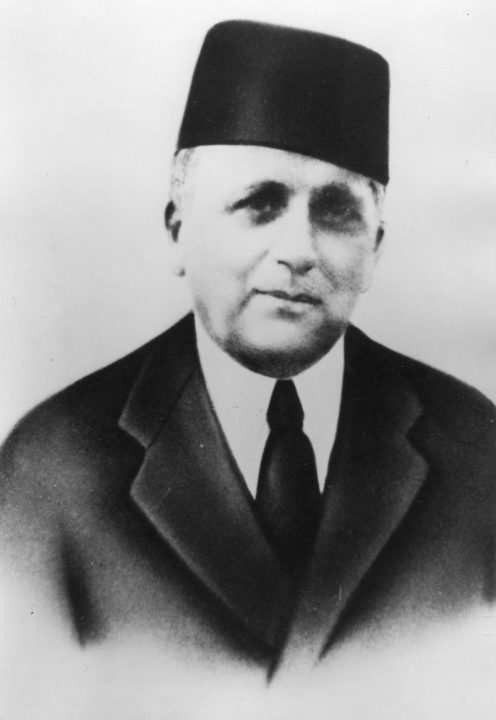
In “The Advent of Divine Justice,” Shoghi Effendi wrote that furthering race unity requires “ceaseless exertions,” “sacrifices,” “care and vigilance,” “moral courage and fortitude,” and “tact and sympathy.” Maybe the next time we see a police car stopping a black youth, we also stop and keep the youth company. Maybe we question ourselves when we feel the urge to complain or demand or feel offended by what people from a different race do or say. Maybe next time someone makes a demeaning joke, we stop them from finishing it. Maybe we hold ourselves accountable for our role in systemic racism, intentional or unintentional.
Those years in the United States helped me be more aware of our treatment of all the different groups that make our societies so diverse and unique. I think it also helped me realize the destruction racism causes in the population, both to perpetrators and victims. Here in Latin America, where I currently live, we also have prejudices we need to eliminate.
I often go back to that afternoon when I shared tears with my friend about the injustice he experienced. I hope my heart will keep breaking every time I see injustice, because I don’t want it to harden and accept the world the way it is. If the heart breaks, it means it’s open. Let’s not be afraid to educate ourselves about the plight of our African American brothers and sisters.


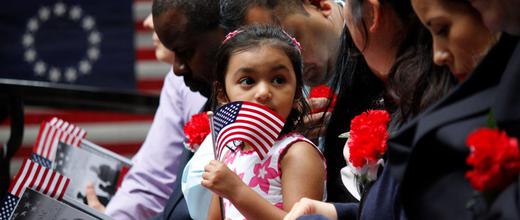

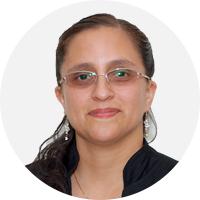

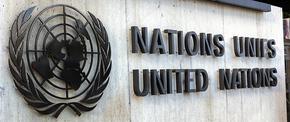
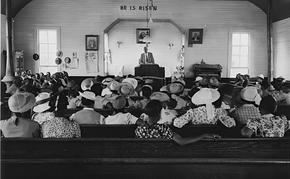









Comments
Sign in or create an account
Continue with Facebookor